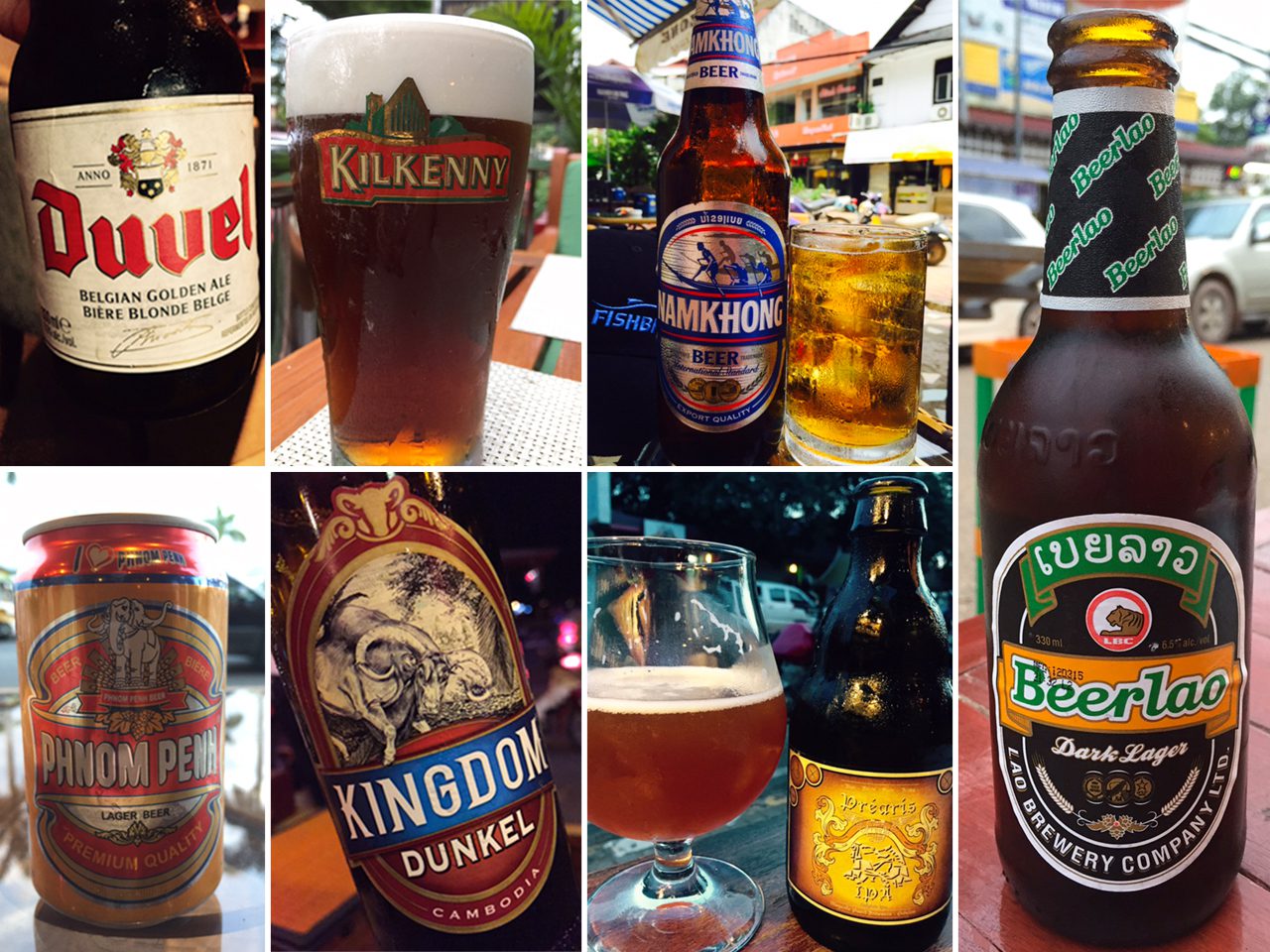Wednesday September 23, 2015

FISHBIO continues to cover a lot of ground in the Mekong Basin since we first began research there in 2009. We’ve kept building our collaboration with the United States Geological Survey (USGS) , which began in 2012 when we co-hosted a workshop for fisheries researchers in Phenom Penh, Cambodia, and later initiated the Mekong Fish Network (MFN). The purpose of the workshop was to identify the needs of regional researchers, and the MFN currently provides a platform to store and share data, as well as facilitate transboundary communication. Since that time, the network and our research in the basin has expanded, such that our partnerships and work extend from the upper Mekong River in Laos downstream to the Vietnam Delta.

This past week, FISBHIO’s President Doug Demko embarked on a whirlwind tour of the region to continue to build on our previous efforts with our partner Matthew Andersen, the Biological Sciences Specialist at the USGS Office International Programs, and Matthew McPherson, the Chief of Social Sciences Branch of the National Oceanic and Atmospheric Administration (NOAA) Northeast Fisheries Science Center. A fundamental science concern in the Mekong is how to coordinate the exchange of environmental data for more comprehensive analysis among Mekong River countries. Analysis of data across borders and over extended time periods benefits many disciplines, including water resource management, agriculture, capture fisheries, aquaculture, and climate change research. This trip included a visit with our colleagues at Vietnam’s Can Tho University to discuss ways to continue to build the DRAGON Institute, a collaboration established by the U.S. and Vietnam governments to promote the sustainability of major river deltas in a changing climate.

Although traveling is exciting for most of us at FISHBIO because it usually means embarking on foreign research, collaborating with other scientists, or attending a fisheries conference, it can also be exhausting. For instance, this eight-day science tour to visit U.S. embassy officials in four Mekong countries required 16 noisy tuk-tuk rides, 15 taxis, seven flights, two Mekong River boat trips, one half-day van ride, and one scooter-taxi. However, while zipping from place to place to promote collaboration and advance fisheries and environmental studies in the Mekong Basin, we achieved perhaps the most impressive statistic: sampling 18 unique beers, all in the name of science and trans-boundary cultural development.
